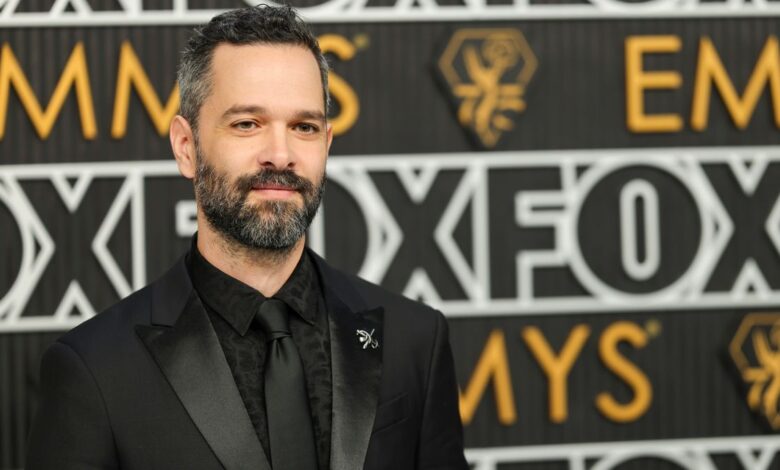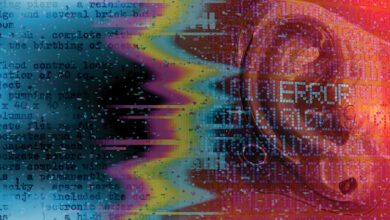Naughty Dog’s Neil Druckmann is a big fan of generative AI: ‘With AI, your creativity sets the limits’

I’ll be blunt: I’m not entirely clear on what artificial intelligence as we understand it today really even is. I suspect it’s rather like the metaverse—that is, too loosely defined to really be meaningful as a term—although for a more nuanced take on that perspective you should probably take a look at hardware writer Nick Evanson’s evaluation of where things currently stand with the race for “artificial general intelligence.”
Naughty Dog studio boss Neil Druckmann seems considerably more upbeat about it than I am, however, saying in a new Sony interview that the advent of generative AI is “opening the door for us to take on more adventurous projects and push the boundaries of storytelling in games.”
Druckmann acknowledges fairly early on that the growing use of AI “does bring up some ethical issues we need to address,” but then quickly moves to note that it also reduces “costs and technical hurdles,” and is “truly empowering creators to bring their visions to life without the traditional obstacles.” He also encourages up-and-coming content creators to master “fundamentals over tools,” saying that tools slide into obsolescence quickly.
“With AI, your creativity sets the limits,” Druckmann says. “Understanding art history, composition, and storytelling is essential for effective direction.
“At Naughty Dog, we transitioned from hand-animating Jak and Daxter to using motion capture in Uncharted, significantly enhancing our storytelling. AI will allow us to create nuanced dialogues and characters, expanding creative possibilities. However, it’s crucial to precisely direct these tools to achieve the intended outcomes.”
Druckmann isn’t clear on exactly how AI will enable all that nuance and creativity: He says later in the interview that the development of sophisticated new tools “increase our efficiency, enabling us to do more with less,” citing as an example an engine that automates environmental design using predefined rules. But is that a step toward better storytelling, or just a way to bump a few in-house artists off the payroll? I don’t want to be reflexively Luddite but “efficiency,” to my mind, is not a crucial part of creating a compelling narrative.
Technological advancement is inevitable, and generally a good thing, but I think what I really take issue with here, and in conversations about AI in general, is the implicit suggestion that AI is somehow different from all that’s come before: Not the evolution of a new and powerful toolset, but something brand new and unique that’s going to revolutionize the creative world in countless positive ways. I am not so sure, however, at least when it comes to anything held to a higher standard than the 21st-century equivalent of shovelware. Will AI automate scut work? Sure, probably. Is HAL going to wake up one morning and deliver a mournful paean to human weakness and longing that would mean Leonard Cohen weep? I’m going to say probably not.
Of course, Druckmann knows a thing or two about effective storytelling: He’s the creative director on Naughty’s Dog The Last of Us series and co-directed Uncharted 4, and also serves as executive producer on The Last of Us television series, which he says “has spotlighted gaming, illustrating the rich, immersive experiences it offers.” He also has some very big aspirations for Naughty Dog’s next game, which may or may not be The Last of Us Part 3.
“This visibility [of The Last of Us] excites me not only for our current project but for the broader potential of gaming to captivate a global audience,” Druckmann concludes. “I’m eager to see how this new game resonates, especially following the success of The Last of Us, as it could redefine mainstream perceptions of gaming.”



